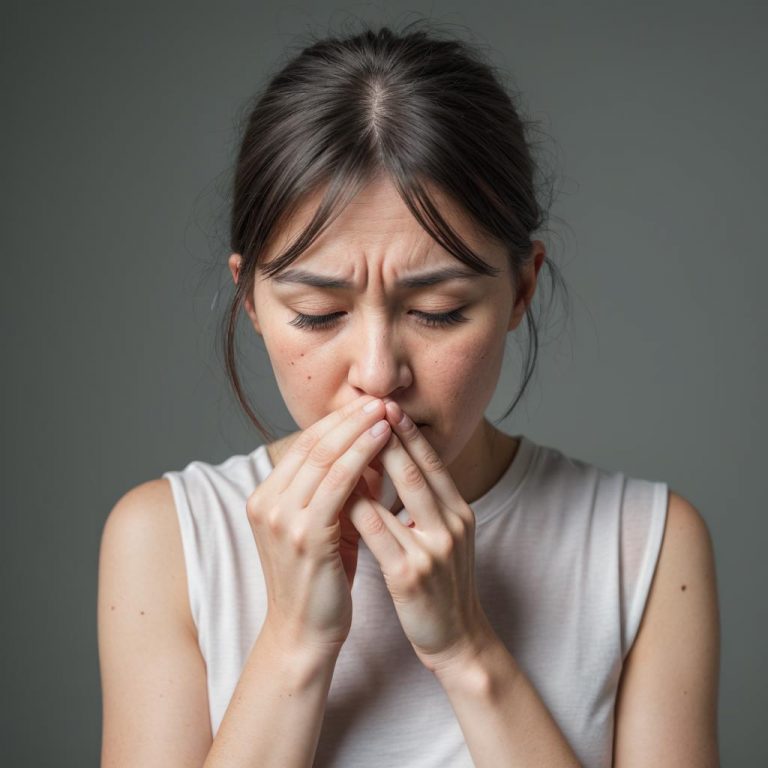
Identifying Common Triggers
To effectively manage seasonal allergies, it’s crucial to identify the specific triggers that affect you.
Common allergens include:
Tree Pollen: During spring, tree pollen is a prevalent trigger for allergies.
Grass Pollen: Grass pollen tends to peak during late spring and summer months.
Weed Pollen: Ragweed is a significant culprit in triggering fall allergies.
Mold Spores: Mold thrives in damp environments and can exacerbate allergy symptoms year-round.
Symptoms and Diagnosis
Recognizing the symptoms of seasonal allergies is the first step towards finding relief. Symptoms may vary from person to person but often include:
Sneezing
Runny or stuffy nose
Itchy or watery eyes
Fatigue
Coughing
If you suspect you have seasonal allergies, consult with an allergist for proper diagnosis. Allergy tests, including skin prick tests and blood tests, can help identify specific allergens triggering your symptoms.
Effective Management Strategies
Managing seasonal allergies involves a combination of avoidance strategies, medications, and lifestyle modifications tailored to your individual needs.
Avoidance Techniques
Monitor Pollen Counts: Stay informed about pollen levels in your area and try to limit outdoor activities on high pollen days.
Keep Windows Closed: Keep windows and doors closed during peak pollen seasons to minimize exposure.
Use Air Filters: Invest in high-efficiency particulate air (HEPA) filters for your home to trap airborne allergens.
Shower After Outdoor Activities: Rinse off pollen by showering and changing clothes after spending time outdoors.
Medications
Several over-the-counter and prescription medications can help alleviate seasonal allergy symptoms, including:
Antihistamines: These drugs block the action of histamine, reducing sneezing, itching, and runny nose.
Nasal Corticosteroids: These nasal sprays reduce inflammation and congestion.
Decongestants: Decongestants relieve nasal congestion by narrowing blood vessels.
Leukotriene Modifiers: These medications block the action of certain immune system chemicals involved in allergic reactions.
Lifestyle Modifications
In addition to medication, certain lifestyle changes can help manage seasonal allergies effectively:

Maintain Clean Indoor Air: Vacuum and dust your home regularly to reduce indoor allergens.
Use Allergy-Proof Bedding: Encase pillows and mattresses in allergy-proof covers to prevent exposure to dust mites.
Stay Hydrated: Drinking plenty of fluids can help thin mucus and alleviate congestion.
Preventing Seasonal Allergies
While it’s challenging to completely prevent seasonal allergies, you can take steps to minimize exposure to allergens and reduce symptom severity.
Allergen Avoidance
Stay Indoors During Peak Pollen Times: Limit outdoor activities during early morning and late afternoon when pollen levels are highest.
Keep Indoor Air Clean: Use air purifiers with HEPA filters to remove allergens from indoor air.
Close Windows and Doors: Prevent pollen from entering your home by keeping windows and doors closed, especially on windy days.
Immunotherapy
For individuals with severe allergies, allergen immunotherapy, commonly known as allergy shots, may be recommended. This treatment involves gradually exposing the body to allergens to desensitize the immune system and reduce allergic reactions over time.
FAQs
What are the most common symptoms of seasonal allergies?
Seasonal allergy symptoms typically include sneezing, runny or stuffy nose, itchy or watery eyes, fatigue, and coughing.
Can seasonal allergies be cured completely?
While seasonal allergies can’t be cured, effective management strategies can significantly reduce symptoms and improve quality of life.
Is it necessary to see a doctor for seasonal allergies?
Consulting with an allergist can help you identify your specific allergens and develop a personalized treatment plan for optimal symptom relief.
Are over-the-counter medications effective for managing seasonal allergies?
Yes, over-the-counter medications such as antihistamines, nasal corticosteroids, and decongestants can provide relief from seasonal allergy symptoms.
Can lifestyle modifications help alleviate seasonal allergy symptoms?
Yes, lifestyle changes like keeping indoor air clean, using allergy-proof bedding, and staying hydrated can complement medication therapy and reduce allergy symptoms.
What is allergen immunotherapy, and how does it work?
Allergen immunotherapy, or allergy shots, involves gradually exposing the body to allergens to desensitize the immune system and reduce allergic reactions over time.
Conclusion
Seasonal allergies can significantly impact your daily life, but with the right knowledge and management strategies, you can effectively alleviate symptoms and enjoy each season to the fullest. By understanding your triggers, implementing avoidance techniques, and seeking appropriate medical treatment, you can minimize the impact of seasonal allergies and reclaim control over your health and well-being.
============================================
If you like our Prompt. Then Please hit the like Button.
Get LIFETIME ACCESS to “1000% Pass AI-Detectors Test (Guaranteed)”: https://ko-fi.com/Post/1000-Pass-AI-Detectors-Test-Guaranteed-X8X0OVIKC
Looking for SEO services for your website? Hire me on Fiverr https://bit.ly/Custom_Prompt_Creation



